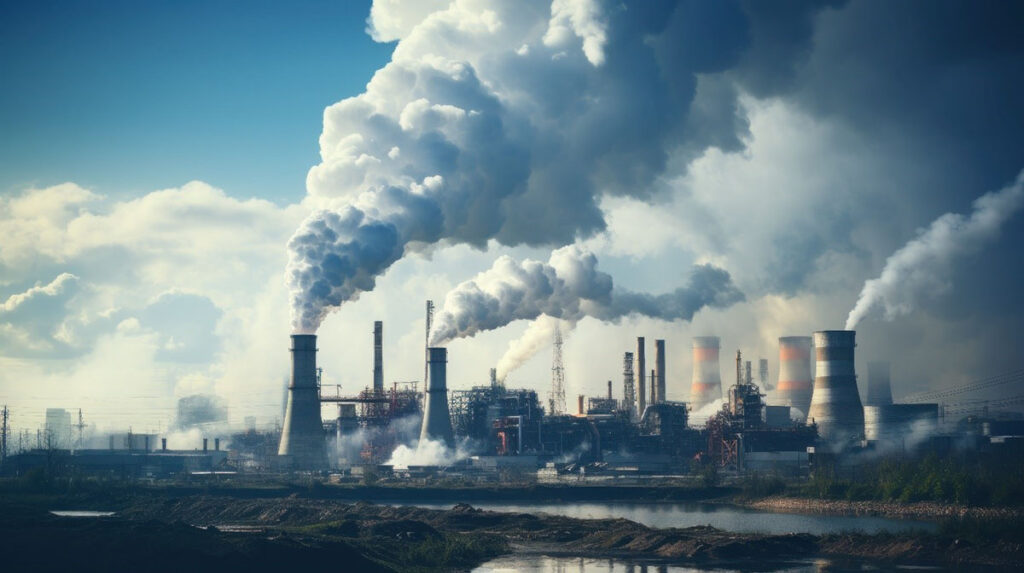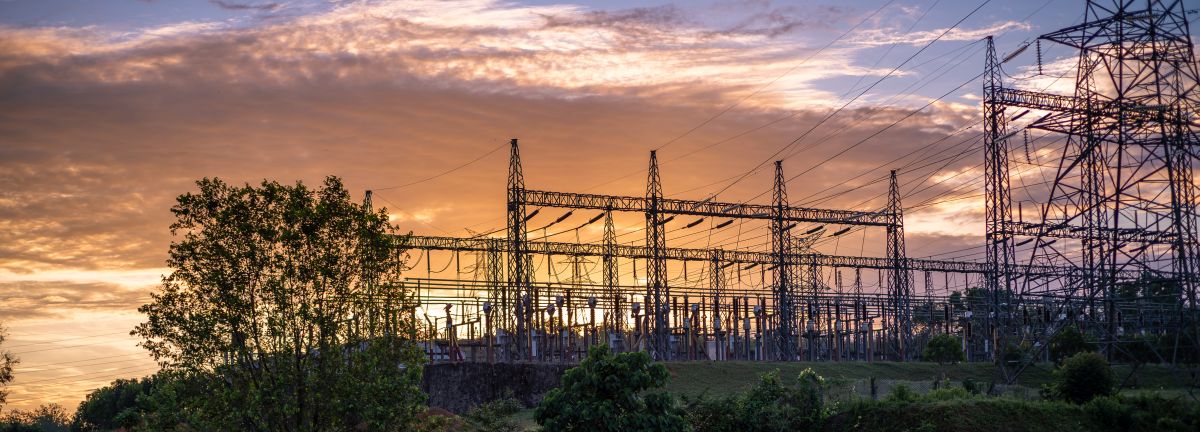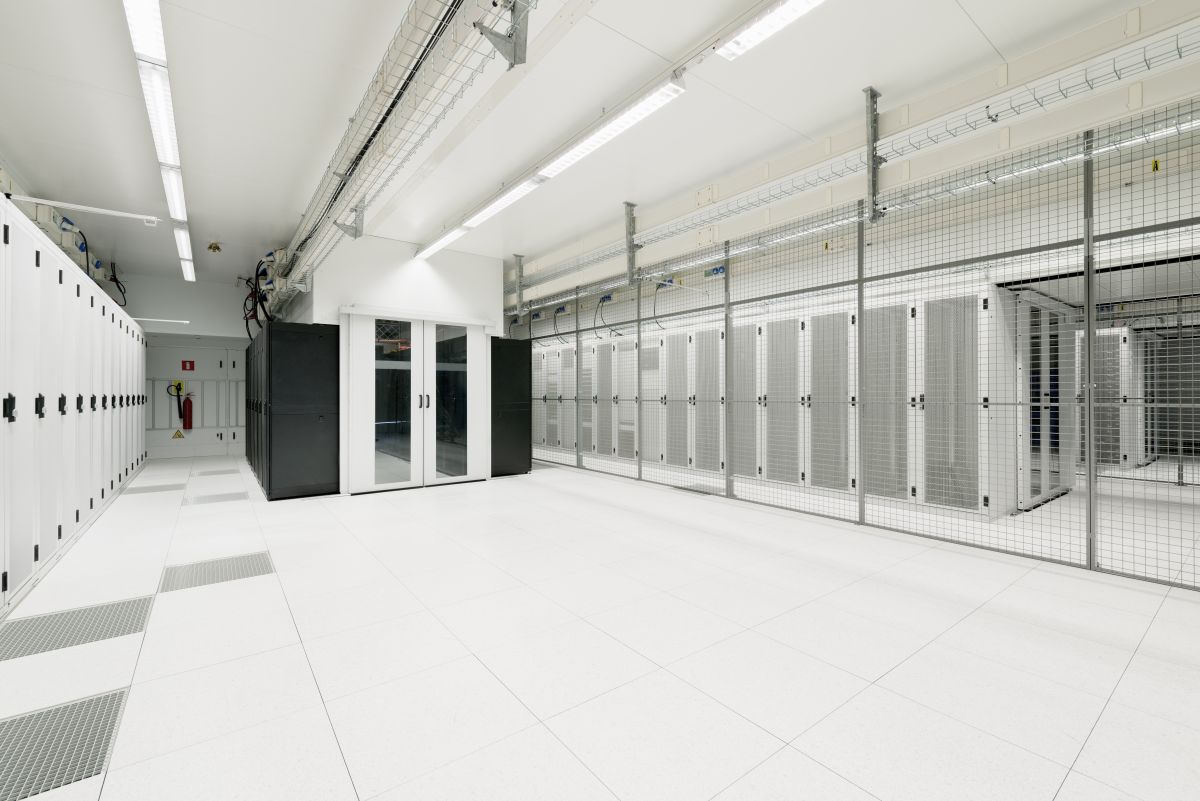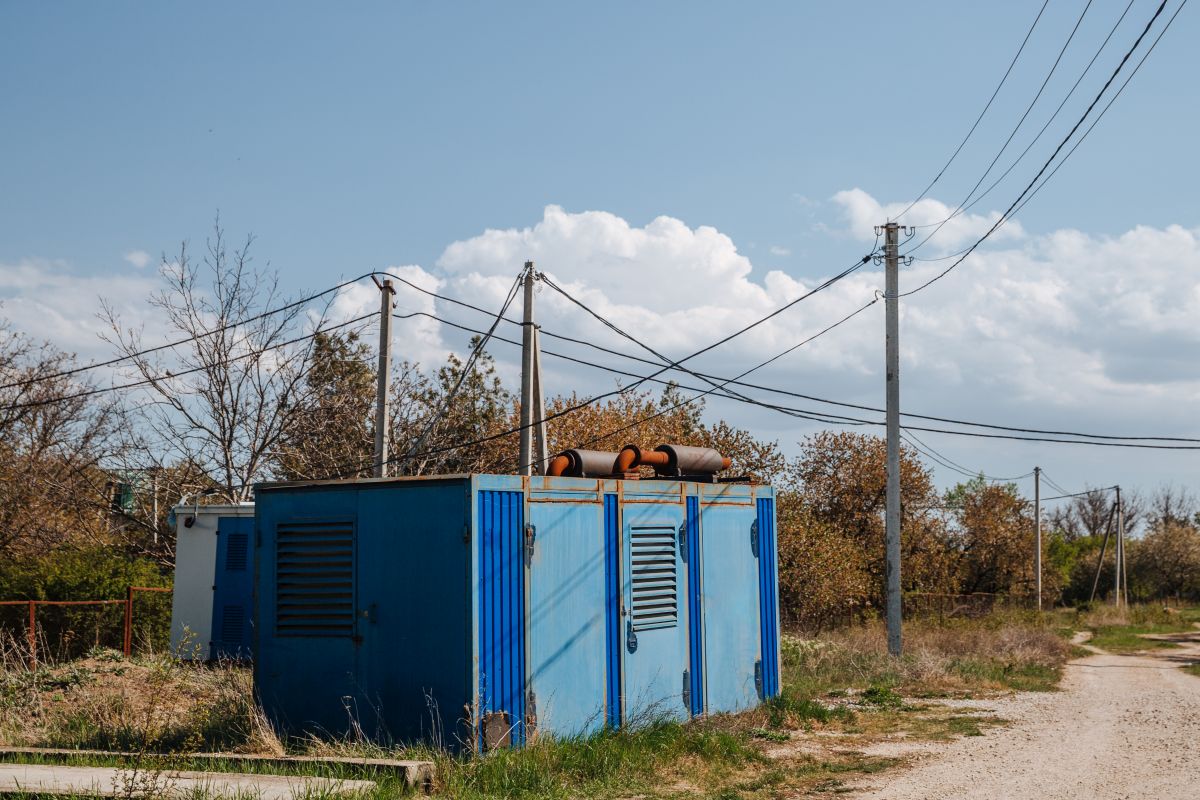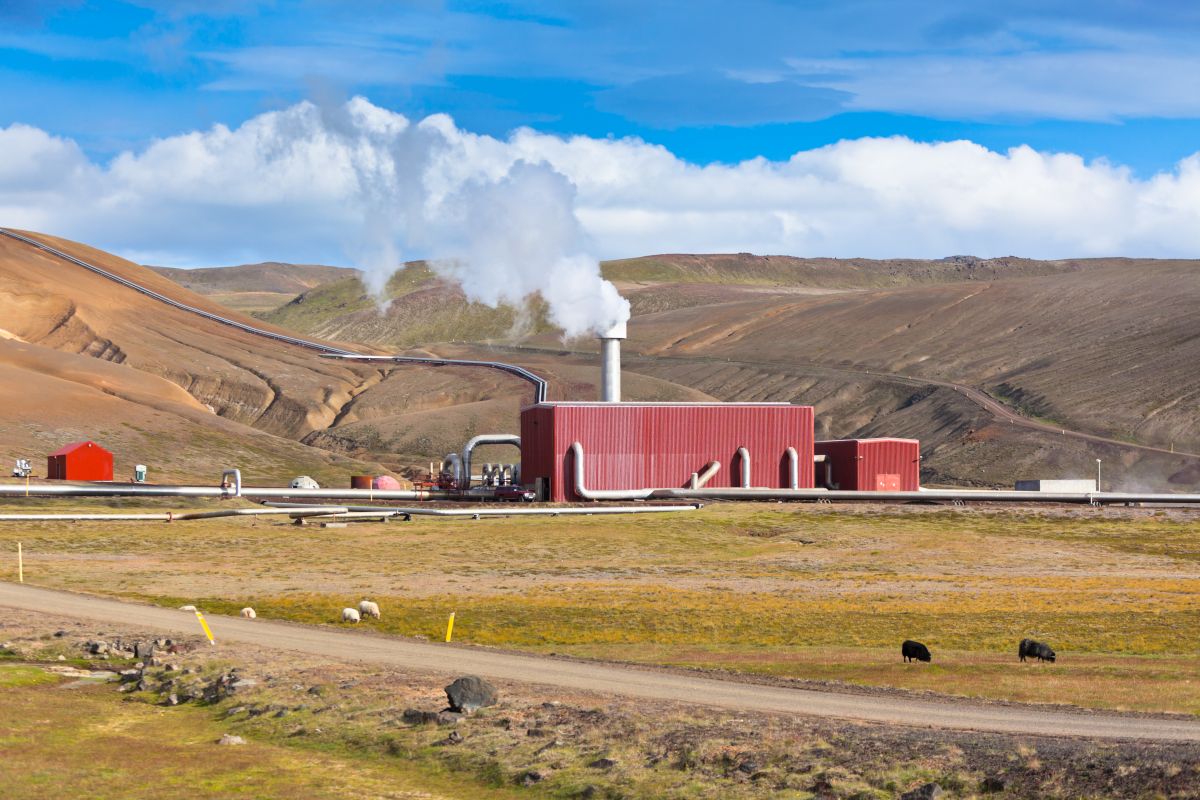WWW.POWER-ENG.COM
The law is one of several energy-related bills that Utah lawmakers are considering.
As Utah lawmakers try to update the state’s energy policy, Republicans are planning an “all of the above” approach – finding ways to take advantage of all available resources – prioritizing reliability and affordability over making an abrupt transition to clean energy.
Senate Majority Leader Evan Vickers, R-Cedar City, highlighted that the state has been developing diverse technologies, including geothermal, wind and solar, while looking at other states’ track record and dynamic with the federal government when using nuclear energy.
“Right now, there’s a goal in the country, and I agree with this goal, (which) is to have a smaller carbon footprint,” he said. “Where we are at now is we’ve significantly reduced the carbon footprint but we’re not where we want to be. And to get there, there has to be a bridge. And you have to recognize, whether you like it or not, that bridge is fossil fuels.”
That doesn’t align with the national dialogue, Vickers said, which is trying to “tear the bridge down.” Utah also has a chance to continue using fossil fuels while reducing its footprint, and to partner with states like Wyoming and Idaho to collaborate on other types of energy, he said.
Senate Minority Leader Luz Escamilla, D-Salt Lake City, said Democrats would support a plan to diversify energy sources and ensure an emissions reduction, which should be a priority to clean the state’s air, she said.
“We are watching,” she said, “we want to see everything being addressed.”
Companies have also reached out to Senate President Stuart Adams, R-Layton, about nuclear reactors with safer technologies. And, while diversifying Utah’s energy sources and cutting carbon emissions is important, the state can’t do it while significantly increasing energy rates, he said.
“We have all of the resources in Utah and we can have a real balanced effort and a very stable effort if you use all of the above, not one of them,” Adams said. “And nuclear is going to be part of it.”
The Legislature is expecting to take time, even after this week, to work with Utahns to improve energy-related bills.
Here are some of the bills lawmakers have introduced:
HB48 Utah Energy Act Amendments, sponsored by Rep. Colin Jack, R-St. George, and Sen. David Hinkins, R-Ferron, would “develop effective policy strategies to advocate for and protect the state’s interests relating to federal energy and environmental entities, programs, and regulations,” along with the Utah Department of Environmental Quality and other relevant state agencies. It would also fund accurate forecasts of the state’s energy supply and demand. Additionally, it would “direct the funding of legal effort to combat federal overreach and unreasonable delays regarding energy and environmental permitting.”
- HB124 Energy Infrastructure Amendments, sponsored by Rep. Carl Albrecht, R-Richfield, and Sen. Derrin Owens, R-Fountain Green, would expand the high cost infrastructure development tax to include certain geothermal, hydroelectric and nuclear power generation systems.
- HB191 Electrical Energy Amendments, sponsored by Rep. Colin Jack, R-St. George, and Sen. Ron Winterton, R-Roosevelt, would require the Public Service Commission to make certain determinations before authorizing the premature closure of an electric generator. Those considerations include the assertion that the early retirement would not affect the provision of reliable and affordable electricity to users. Under the bill, the decision of closing the generator also shouldn’t be the result of a federal incentive.
- HB241 Clean Energy Amendments, sponsored by Rep. Carl Albrecht, R-Richfield, and Sen. Derrin Owens, R-Fountain Green, would direct the state to include nuclear fuel and carbon capture and sequestration projects in its investments list.
- HB374 State Energy Policy Amendments, Rep. Colin Jack, R-St. George, and Sen. Evan Vickers, R-Cedar City, would organize priorities in the state’s energy plan, considering attributes in this order of importance: adequate, reliable, dispatchable, affordable, sustainable, secure and clean.
- HB410 San Rafael State Energy Lab, sponsored by Rep. Christine Watkins, R-Price, would create the State Energy Lab, which would “foster innovation and support technological development in the energy sector.” The bill would additionally establish the San Rafael Energy Research Center, meant to “facilitate innovative energy research and development projects.”
Sen. Nate Blouin, D-Salt Lake City, is also expected to introduce bills to incentivize the production of geothermal energy, implementing tracking and enhancing technologies for the grid, in addition to amendments to carbon reduction policies.
Escamilla is also planning on running a “Diesel Emissions Reduction Amendments” bill. She hasn’t released any details on the legislation, but it may potentially create a registry of equipment and “non-vehicles” fueled by diesel in the state, she told reporters on Monday.
Originally published in Utah News Dispatch. Utah News Dispatch is part of States Newsroom, a nonprofit news network supported by grants and a coalition of donors as a 501c(3) public charity. Utah News Dispatch maintains editorial independence.


